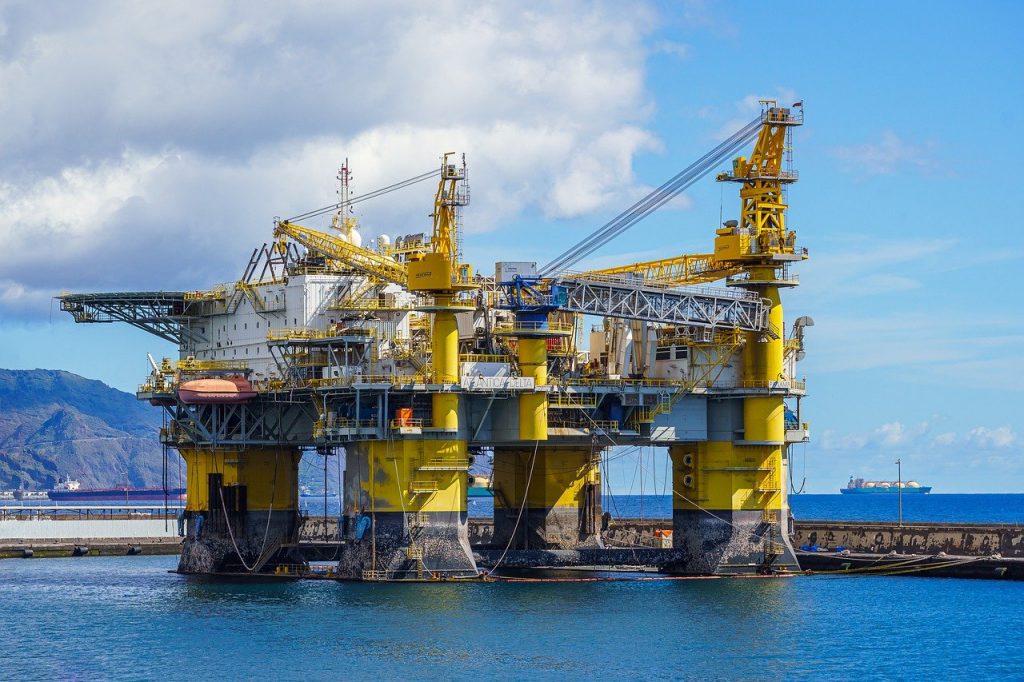Indonesia Energy Corp. Ltd. (IEC) is a prominent player in the oil and gas sector, focusing on exploration and production. Established in 2014 by James J. Huang and Wirawan Jusuf, the company has grown rapidly and is now headquartered in Jakarta, Indonesia. IEC plays a vital role in supporting Indonesia’s energy demands, leveraging its diverse portfolio of oil and gas assets that contribute significantly to the country’s energy production.
IEC’s strategy is centered around a balanced approach to oil and gas exploration, combining medium-sized producing blocks with exploration blocks that have substantial untapped resources. This strategy not only ensures steady production but also positions the company to benefit from future discoveries. The company’s key assets include the Kruh, Citarum, and Rangkas areas, each contributing uniquely to its operations.
Kruh Area: Reliable Production with Potential for Growth
The Kruh Block is one of IEC’s most productive assets. Located in South Sumatra, this oil field has been consistently delivering reliable production for several years. Kruh stands out as a medium-sized producing block that plays a significant role in the company’s overall output. The field has proven reserves, and its production capacity offers stability to IEC’s operations, providing the company with a steady revenue stream while continuing exploration efforts elsewhere.
Over the years, IEC has invested in enhancing production techniques and improving the efficiency of the Kruh Block. The company has deployed advanced technology to maximize output while adhering to strict environmental standards. The combination of sustainable practices and innovative technology ensures that the Kruh Block remains a cornerstone of IEC’s production strategy.
Citarum Area: A Promising Exploration Site
While the Kruh Block serves as a reliable producer, IEC’s Citarum Block represents the company’s future potential. Situated in West Java, Citarum is primarily an exploration block, but its substantial resources make it a promising venture for the company. The block spans a large area, and initial surveys have indicated significant oil and gas reserves beneath its surface.
IEC has been steadily working on exploratory drilling in Citarum, with the goal of confirming the extent of these resources. Early reports suggest that the block could significantly boost IEC’s production levels in the coming years, further enhancing Indonesia’s energy capacity. The exploration efforts in Citarum reflect the company’s commitment to securing future growth while maintaining a sustainable approach to energy development.
Rangkas Area: Expanding Horizons in Exploration
The Rangkas Area, located in Banten, is another key exploration site for IEC. Like Citarum, Rangkas holds significant potential for future oil and gas production. The company is actively conducting geological and geophysical studies to assess the block’s viability, with early data indicating promising resource levels.
Rangkas is part of IEC’s long-term strategy to expand its asset portfolio and ensure continued growth in the oil and gas sector. The company’s exploration efforts in this region demonstrate its forward-thinking approach and its commitment to tapping into new energy sources to meet future demand.
IEC’s Contribution to Indonesia’s Energy Sector
Indonesia is one of the largest economies in Southeast Asia, and its energy sector plays a crucial role in supporting the nation’s growth. As the country continues to develop, the demand for energy is expected to rise significantly. IEC is well-positioned to meet this demand through its strategic focus on both production and exploration.
The company’s balanced portfolio allows it to provide a stable supply of oil and gas while also investing in future exploration. This dual focus enables IEC to play a critical role in Indonesia’s energy market, supporting the nation’s economic growth and energy independence.
Environmental Commitment and Technological Innovation
In addition to its exploration and production activities, IEC is committed to minimizing its environmental impact. The company has implemented sustainable practices across its operations, ensuring that it adheres to both local and international environmental standards. From reducing emissions to implementing water conservation techniques, IEC is taking steps to operate in an environmentally responsible manner.
Technological innovation is another key aspect of IEC’s operations. The company uses state-of-the-art equipment and techniques to improve the efficiency of its exploration and production processes. By staying at the forefront of technological advancements, IEC ensures that it remains competitive in the global oil and gas market.
Looking Ahead: IEC’s Future in Energy
As Indonesia’s demand for energy continues to grow, IEC is poised to play an increasingly important role in the country’s oil and gas industry. The company’s strategic mix of reliable production and forward-looking exploration positions it for long-term success.
IEC’s commitment to sustainability, technological innovation, and exploration ensures that it will remain a key player in Indonesia’s energy market for years to come. The company is not only contributing to the nation’s current energy needs but is also laying the groundwork for a sustainable and prosperous future.
In conclusion, Indonesia Energy Corp. Ltd. is a dynamic and forward-thinking company that continues to expand its presence in the oil and gas sector. With key assets like the Kruh, Citarum, and Rangkas areas, IEC is well-positioned to meet both current and future energy demands, driving growth in Indonesia’s energy industry while adhering to high environmental and technological standards.
